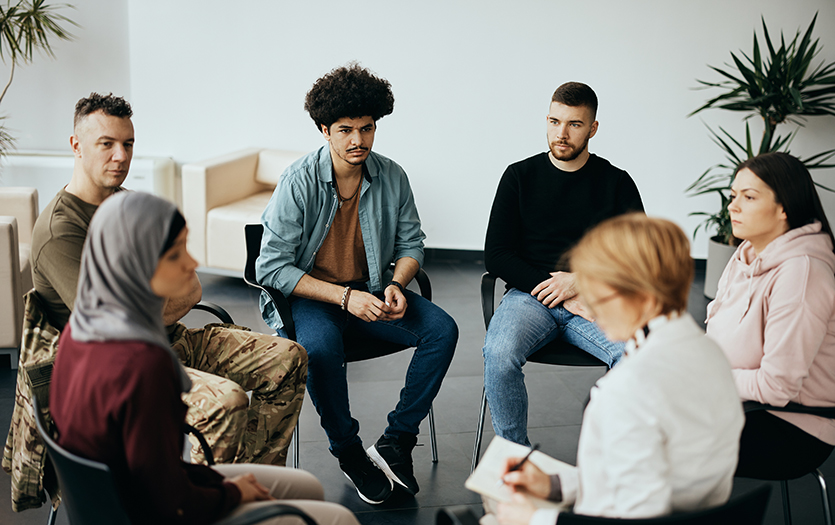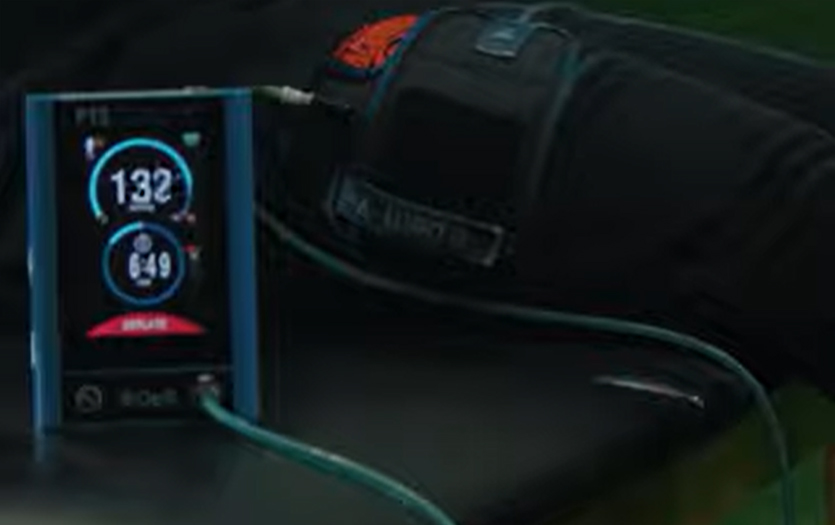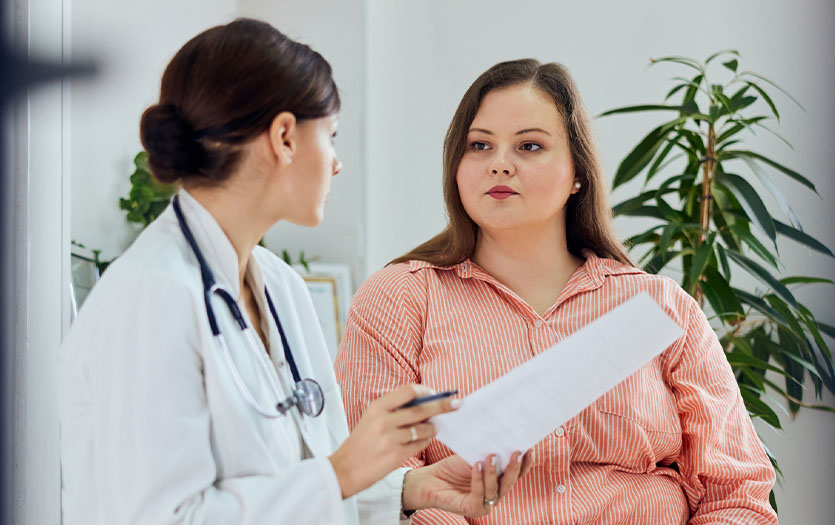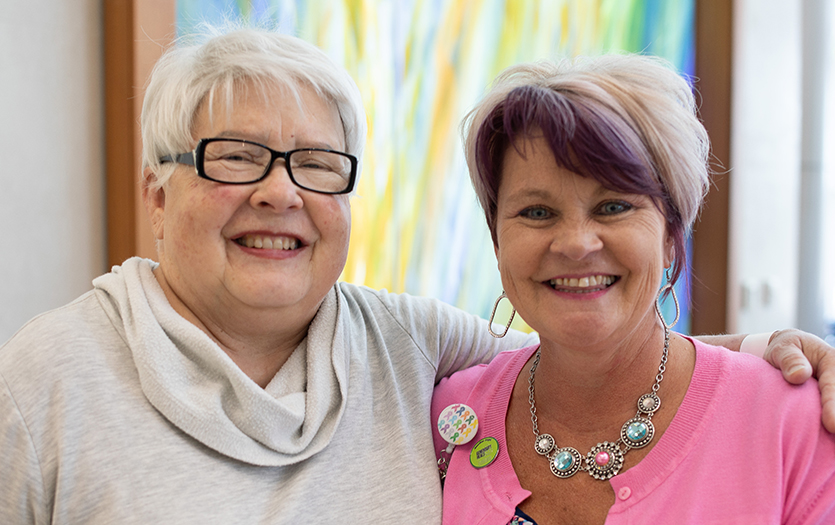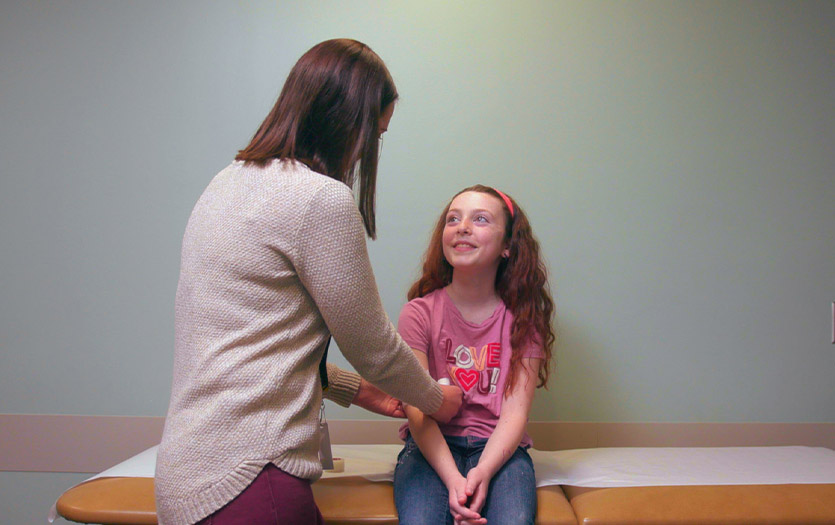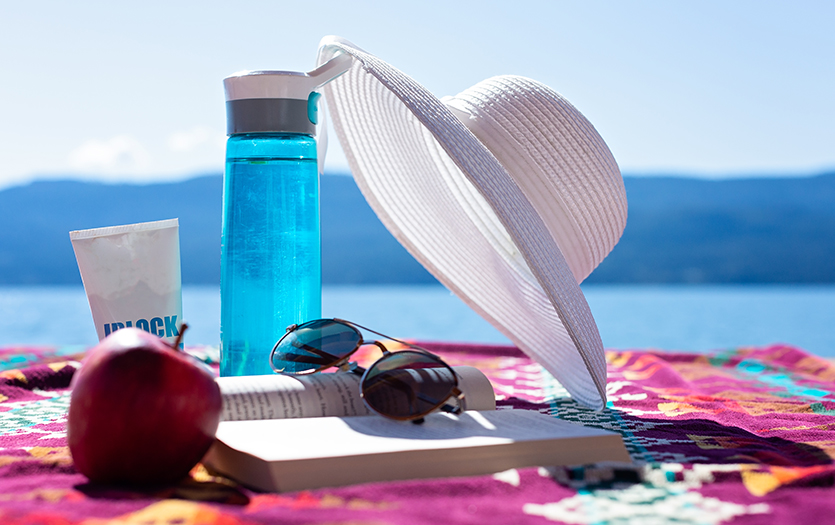Share Your Story
If you have a Parkview story you would like to share with us, we would love to hear from you.
Share your Parkview story
Newsletter Sign Up
Sign up for our e-newsletter on our preference page and have wellness tips, inspirational articles and smart recipes from our team of professionals sent straight to your inbox!
Sign Up

